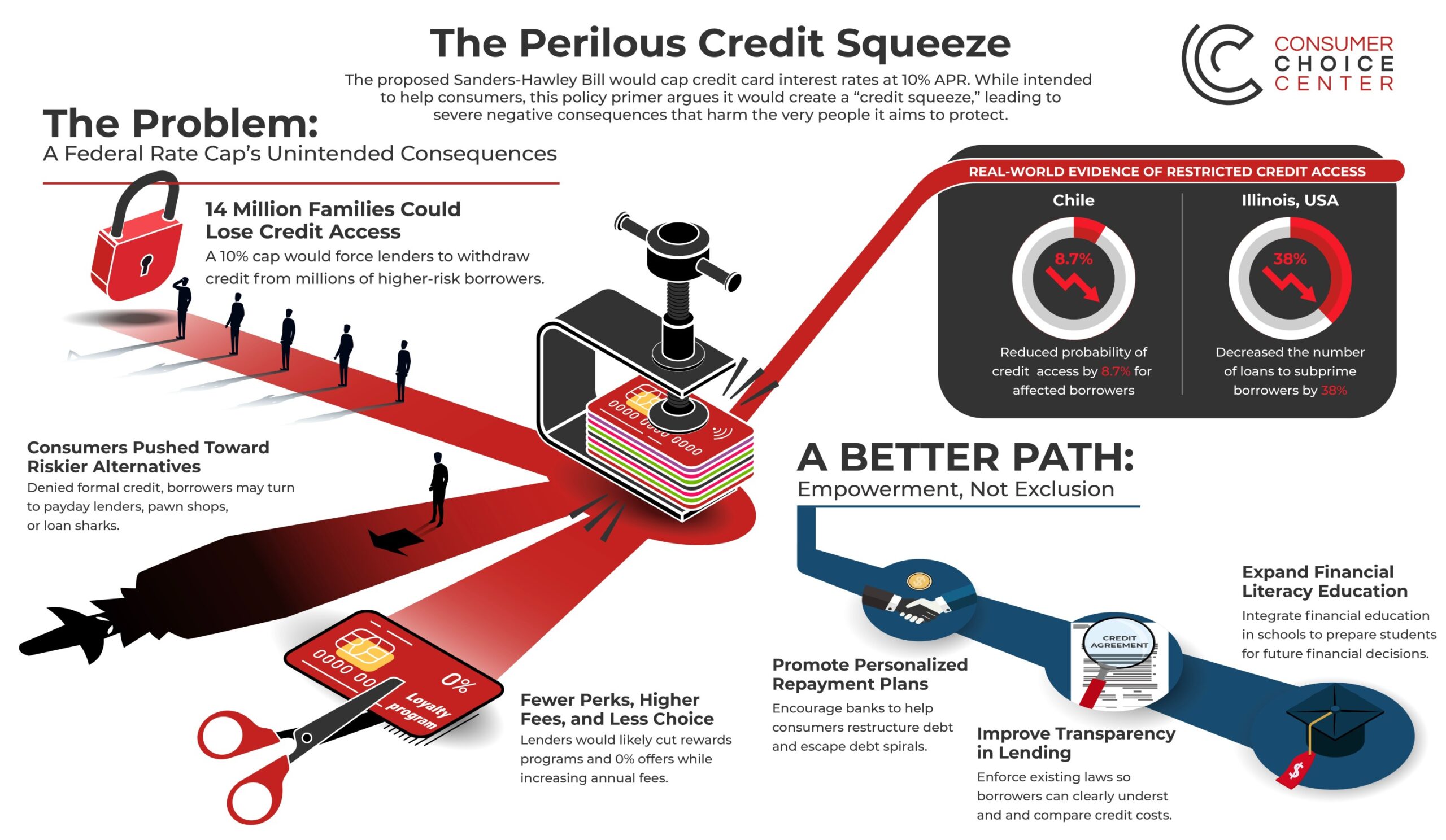To whom it may concern,
Beating cancer in the EU remains one of our biggest priorities as a society and therefore, we need to approach this issue in a smart way using a science-based approach that enhances consumer choice.
Taxation is intended to push consumers away from particular products – in this case, cigarettes. What policymakers tend to overlook, though, is that demand for cigarettes is inelastic and taxes – along with other restrictions and bans – cannot substantially affect consumer behaviour. Consumers should be seen as individuals responsible for their wellbeing who make a voluntary informed decision to smoke. The EU should seek to preserve consumer choice and encouragement might be a more balanced way forward.
Moreover, high tobacco taxes drive illicit trade in tobacco products. According to European Union Anti Fraud Office (OLAF), cigarette smuggling and other illicit trade forms in tobacco products cause an estimated EUR 10 billion loss to the EU and national budgets every year. In the legal supply chain, manufacturers, suppliers, distributors, retailers and consumers are all affected by illicit trade. The black market of tobacco targets vulnerable groups in society, undermining strategies for the effort of harm reduction products.
To prevent these risks, the European Union should limit taxation, and do not increase taxation, on tobacco products. Tax increases incentivise consumers to purchase illegal products and make black market alternatives more attractive. Excessive regulation and taxation of tobacco products reduce access to and availability of them without driving down the demand.
The effectiveness of e-cigarettes as a smoking cessation tool is undeniable, keeping in mind that it targets smokers as opposed to non-smokers. Vaping is a life-saving tool, and it has been proven to be 95% less harmful than smoking. International health bodies, Public Health England, New Zealand Ministry of Health and Health Canada have also endorsed vaping for encouraging smokers to switch.
The new tobacco excise strategy should take these facts into consideration and develop a separate regulatory framework for vaping. The United States provides a valuable lesson of the damage that can be caused by excise taxes on e-cigarettes. US researchers found that “a proposed national e-cigarette tax of $1.65 per millilitre of vaping liquid would raise the proportion of adults who smoke cigarettes daily by approximately 1 percentage point, translating to 2.5 million extra adult daily smokers compared to the counterfactual of not having the tax.” We shouldn’t forget that our goal is to beat cancer in the EU, and in order to do that, we needn’t be blind to foreign experience and evidence at hand.
Most importantly, in order to reduce cancer rates, it is vital to ensure that vaping is not only accessible price-wise, but also that smokers are aware of the possibility to switch to a safer alternative that can reduce various health-associated risks. The EU has to encourage the marketing and branding of safe and legal vaping products. Consumer information is necessary in order to help beat cancer in the EU through vaping.
Given the aforementioned arguments, we strongly recommend abstaining from further increases in tobacco excise taxes in order not to incentivise the black market. We also call on the Commission to follow science and be mindful of the fact that vaping – as an effective smoking cessation tool – should be treated differently than conventional smoking. Tighter restrictions and higher taxes will not help us beat cancer in the EU, but putting together a science-based and consumer-friendly framework in regard to smoking and vaping will.
Kind regards,
Maria Chaplia
European Affairs Associate
Consumer Choice Center
Originally published here.




